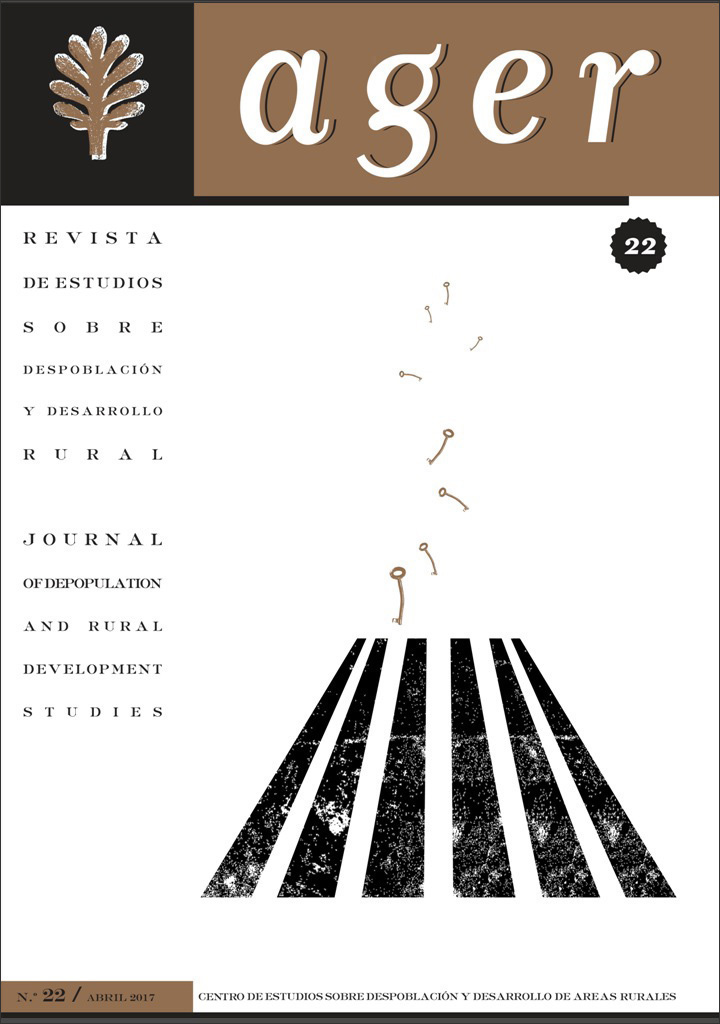Tackling the participation of Europe’s rural population in the shadow economy
Resumen
To tackle the shadow economy, an emergent literature has called for the conventional rational economic actor approach (which uses deterrents to ensure that the costs of engaging in shadow work outweigh the benefits) to be replaced or complemented by a social actor approach which focuses upon improving tax morale. To evaluate the relevance and validity of doing this in rural areas, we here report face-to-face interviews conducted with 9,677 rural dwellers conducted across the 28 member states of the European Union (EU28) in 2013. Multilevel logistic regression analysis reveals that both approaches significantly reduce the rural shadow economy. When tax morale is high, however, deterrence measures have little impact on reducing the rural shadow economy and it is only when tax morale is low that raising the level of deterrents has greater impacts, with increasing the risks of detection (which is problematic in dispersed rural populations) leading to higher reductions in the rural shadow economy than increasing punishments. The paper thus concludes by calling for greater emphasis in rural areas on improving tax morale to tackle the shadow economy in Europe and beyond.Descargas
Publicado
2017-04-01
Cómo citar
Williams, C. C., & Horodnic, I. A. (2017). Tackling the participation of Europe’s rural population in the shadow economy. AGER. Revista De Estudios Sobre Despoblación Y Desarrollo Rural, 22, 7–33. Recuperado a partir de https://recyt.fecyt.es/index.php/AGER/article/view/58837
Número
Sección
Artículos
Licencia
Aquellos autores/as que tengan publicaciones con esta revista, aceptan los términos siguientes:
- Los autores/as conservarán sus derechos de autor y garantizarán a la revista el derecho de primera publicación de su obra, el cuál estará simultáneamente sujeto a la Licencia de reconocimiento de Creative Commons que permite a terceros compartir la obra siempre que se indique su autor y su primera publicación esta revista.
- Los autores/as podrán adoptar otros acuerdos de licencia no exclusiva de distribución de la versión de la obra publicada (p. ej.: depositarla en un archivo telemático institucional o publicarla en un volumen monográfico) siempre que se indique la publicación inicial en esta revista.
- Se permite y recomienda a los autores/as difundir su obra a través de Internet (p. ej.: en archivos telemáticos institucionales o en su página web), lo cual puede producir intercambios interesantes y aumentar las citas de la obra publicada. (Véase El efecto del acceso abierto).

